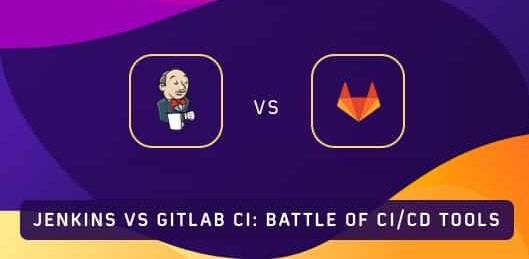In the realm of data management and processing, two formidable technologies, Apache Kafka and Redis, stand out. These powerhouses serve different roles in modern software architectures, making them essential tools in a developer’s toolkit. In this blog post, we’ll conduct a comprehensive comparison of Apache Kafka vs. Redis, examining their features, use cases, and capabilities. We’ll also provide a side-by-side comparison table for quick reference, external links for further exploration, and answers to frequently asked questions (FAQs).
Apache Kafka
Apache Kafka is an open-source distributed event streaming platform renowned for its high-throughput, fault-tolerant, and real-time data streaming capabilities. It has found favor in various use cases, including log aggregation, data pipelines, and real-time analytics. Kafka operates on a publish-subscribe model and excels in scenarios requiring real-time data processing, large data volumes, or the storage and retrieval of data streams.
Key Features of Apache Kafka:
- Publish-Subscribe Model: Kafka facilitates multiple producers publishing data to topics, which consumers can then subscribe to.
- Fault Tolerance: Kafka ensures data durability through replication and distribution across multiple brokers.
- Horizontal Scalability: Kafka scales horizontally, accommodating massive data workloads.
- Event Time Semantics: It supports event time processing, critical for applications relying on the temporal order of events.
- Log-Based Storage: Kafka stores messages in an immutable log, ideal for audit trails and event replay.
http://informationarray.com/2023/10/05/splunk-vs-apache-spark-making-informed-choices-in-data-analytics-and-processing/
Redis
Redis is an open-source, in-memory data store renowned for its speed and versatility. It excels in caching, real-time analytics, and message brokering, making it a versatile tool in various software architectures. Redis stores data in RAM, enabling lightning-fast read and write operations, and supports various data structures.
Key Features of Redis:
- In-Memory Data Store: Redis stores data in RAM, providing remarkably fast access to information.
- Data Structures: It supports a variety of data structures such as strings, sets, lists, and more.
- Pub/Sub Messaging: Redis features publish-subscribe capabilities, making it suitable for building real-time messaging applications.
- High Availability: Redis offers replication and clustering for enhanced availability and scalability.
- Lua Scripting: It allows you to execute custom Lua scripts within the database.
http://informationarray.com/2023/10/07/apache-kafka-vs-apache-spark-choosing-the-right-data-processing-tool/
Apache Kafka vs. Redis: A Comparison
Let’s perform a detailed comparison of Apache Kafka and Redis across various aspects in the table below:
| Aspect | Apache Kafka | Redis |
|---|---|---|
| Use Case | Real-time data streaming, event sourcing, logs | Caching, message brokering, real-time analytics |
| Message Model | Publish-Subscribe | Publish-Subscribe |
| Message Retention | Long-term storage with logs | Short-term caching, volatile |
| Scalability | Horizontally scalable | Horizontally and vertically scalable |
| Data Storage | Log-based storage | In-memory storage |
| Durability | High durability with logs | Data is vulnerable to loss in certain scenarios |
| Data Structures | Focused on event streams | Offers a variety of data structures |
| Latency | Low latency, suitable for real-time processing | Extremely low latency for in-memory data |
| Learning Curve | Steeper due to event-driven nature | Relatively simpler, especially for caching |
External Links for Further Exploration
Frequently Asked Questions
1. When should I use Apache Kafka, and when should I use Redis?
- Use Apache Kafka when you need real-time data streaming, event sourcing, or durable long-term storage.
- Use Redis when you require fast caching, message brokering, real-time analytics, or in-memory data storage.
2. Can Apache Kafka and Redis be used together in a data pipeline?
- Yes, they can complement each other. Kafka can handle data ingestion and streaming, while Redis can provide real-time caching and message brokering capabilities.
3. Which one is easier to set up and manage?
- Redis is generally considered easier to set up and manage, especially for use cases like caching and message brokering.
4. Are there cloud-managed services or cloud hosting options available for Kafka and Redis?
- Yes, you can find cloud-managed services and hosting options for both Apache Kafka and Redis from various providers.
In conclusion, Apache Kafka and Redis are formidable technologies, each offering unique strengths and catering to specific use cases. Your choice between them should align with your project’s specific requirements and the nature of the data processing and storage tasks you need to accomplish.









